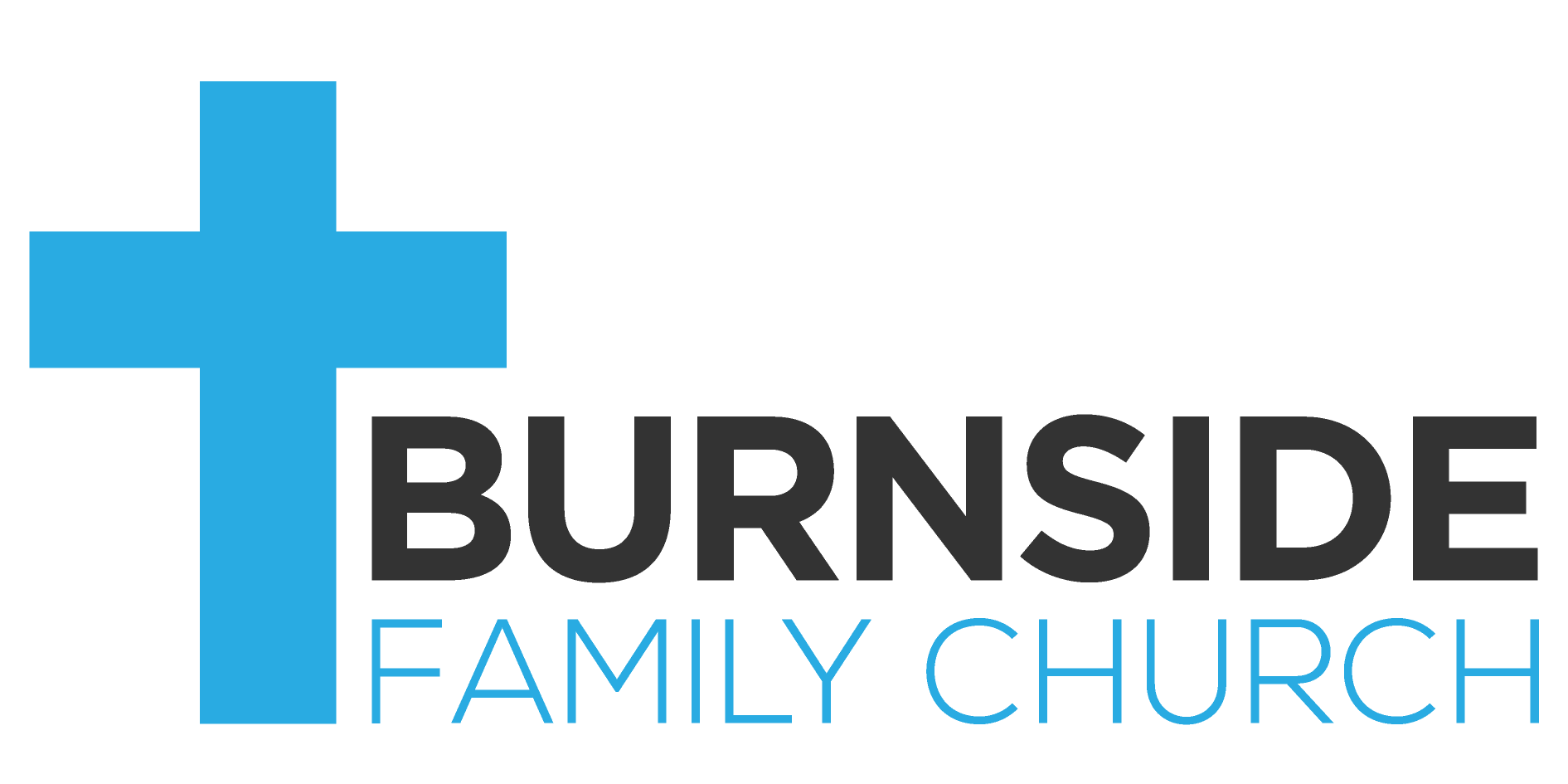Matthew 11: 20-30 Rest in Jesus Alone - by Jeff Byerley
Study on Matthew 11: 20-30 Rest in Jesus Alone
Outline of Passage
9:1-8 Jesus forgives and heals a paralytic.
9:9-13 Jesus calls Matthew to a new life.
9:14-17 Jesus answers questions about fasting
Our Reflections
1. What is Jesus' "own city" (v.1)?
2. Why was it necessary to deal with the man's sin before healing him (v.2)?
3. Why did the scribes accuse Jesus of blasphemy (v.3)?
4. Why did Jesus ask "For which is easier to say, 'Your sins are forgiven you', or to say, 'Arise and walk' " (V.5)?
5. Why would Matthew have immediately got up and followed Jesus (V.9)?
6. What does Jesus' reference to the cloth and new wineskin mean (V.16-17)?
Our Conclusions
What do we know about Chorazin, Bethsaida, Capernaum, Tyre, Sidon & Sodom (21-24)?
The first three are cities around the Sea of Galilee, where Jesus had been carrying out his ministry of teaching and miracles. Tyre and Sidon were Gentile cities in the northwest Philistia / Phoenicia and were condemned by the OT prophets for their Baal worship. Tyre surrendered to King Nebuchadnezzar who reigned 585-573BC. It was destroyed by Alexander the Great in 332BC. Sodom with Gomorrah were part of the Five Cities on the Plain in Northwest of the Dead Sea. It was mentioned a number of times by OT prophets for its proverbial gross wickedness for which it was destroyed (Gen.19).
Why would the Galilean Cities suffer greater judgment than the other cities (20-24)?
The other cities defied Jehovah and Sodom, dreadfully sought to abuse God's messengers, the angels. These cities certainly should suffer punishment on Judgment Day. (Compare this to Ninevah which repented at the words of a relunctant prophet Jonah!) However, the Galilean cities had been visited by God's Messiah, Jesus, who had revealed who he was by his teaching and miracles. Yet these cities had rejected Him, their only means of salvation. Accordingly, their degree of punishment would be greater.
Why did God hide the truth from the "wise and prudent and revealed them to babes" (25)?
The "wise and prudent were only so in their own eyes. Their hard-heartedness and disbelieving minds made them blind to Jesus' teaching and signs as to who he was.
What did Jesus mean "and the one to whom the Son wills to reveal Him" (27)?
The saving revelation of Jesus as Lord and Saviour is exclusively at the election of Jesus, although he obviously looks for good soil (see Matt. 13:23) as we see from the above.
Are not Jesus' words "rest" and "Take my yoke upon you" contradictory (28-30)?
The verses speak of Jesus providing rest for our souls. Surely as a result of his sacrifice on the cross, he is the only one who can provide rest for our souls. Yet we noted it might sound strange that the same passage says “Take My yoke upon you”. A yoke was then a wooden structure usually designed to put one or two oxen by their necks. Then they are driven to pull a burden, perhaps a plough or a cart. What rest can there be in that? Indeed, the OT talks of oppressive yokes around the necks of Hebrews by the Egyptians in Lev.26:13 and by the king of Babylon in Jer. 27:8,11. That is, they were forced under oppressive yokes to bear burdens. Prima facie it does not sound very restful to be put under a yoke. Yet the Pharisees were attempting to put the people under a yoke of the law. Indeed, this was made worse by the Pharisees' additional 600 oppressive oral laws that they used to “interpret” the OT law.
But Jesus is talking about a different yoke. Firstly it is a yoke we are invited to put on. Jesus says “Take My yoke upon you.” It is a yoke of voluntary submission, a personal relationship with God through Jesus Christ. It is a yoke of privilege to serve God, who is all powerful and working all things to the glory of Jesus. This is a glory in which we will share. It is a yoke of love, joy, peace and forgiveness as we advance with Christ to overcome the world. What does it matter if the way is hard, if we suffer sorrow and tribulations. We are in the hands of God who even cares for the sparrows (10:29). What does it matter if we suffer persecution? “If God is for us, who can be against us?” (Rom 8:31).
